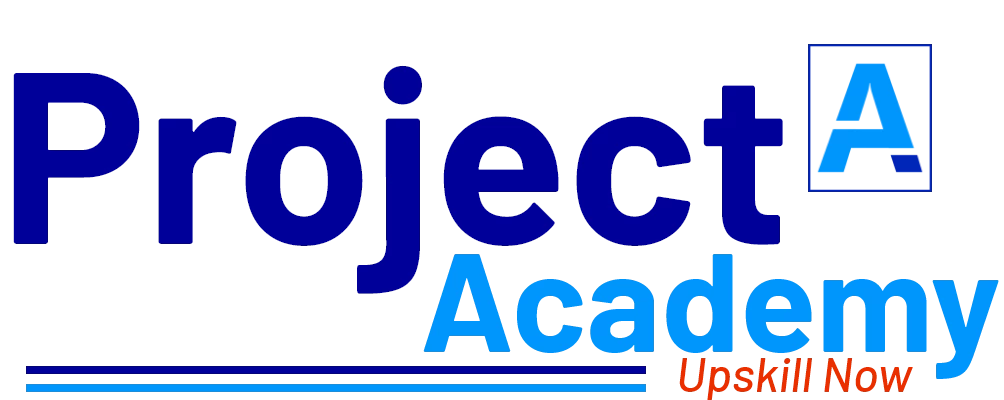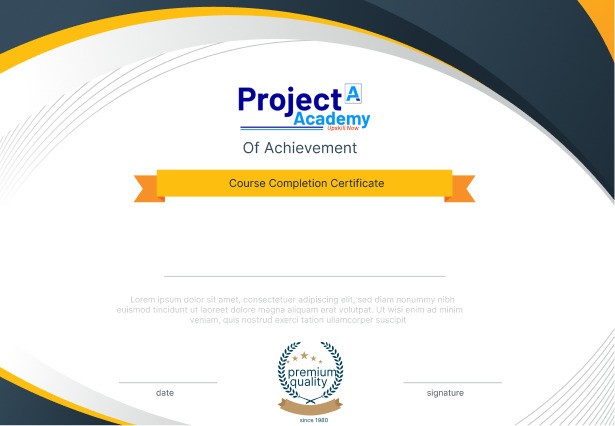Arduino programming/coding training course for beginners in Bangalore
Ignite Your Creativity with Arduino! Unleash the World of Electronics through Fun and Engaging Coding. From High School Enthusiasts to Engineering Graduates, Transform Your Ideas into Reality with Our Beginner-Friendly Arduino Programming Course!”
- 100% Practical Orientation:
- Projects-Based Learning:
- Learn from industry experts



